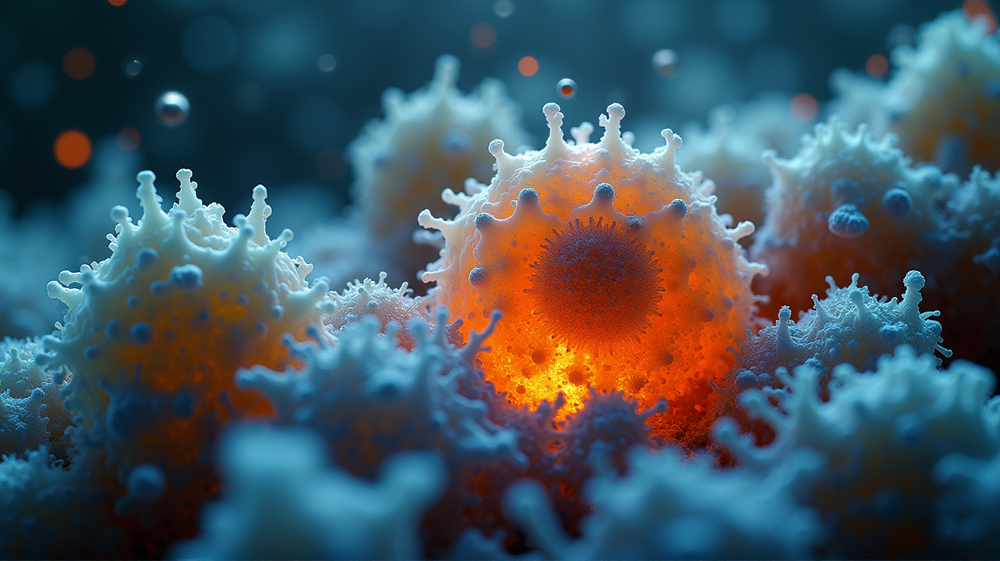Plastic waste remains one of the most persistent challenges facing our planet, with traditional plastics taking centuries to degrade. However, a breakthrough study conducted by CSIRO Environment has uncovered a promising solution rooted in nature’s design. This groundbreaking research has identified enzymes from heat-loving bacteria capable of breaking down biodegradable plastics like PBAT and PBSA, commonly found in compostable packaging.
Discovering Nature’s Hidden Potential
This revolutionary study could radically alter our approach to managing plastic waste. The CSIRO team focused on unexplored bacterial enzymes to tackle not only PET plastics but other polyesters as well. Their aim? To diversify beyond the familiar PETases and explore the potential within the Lipase Family 1.5 enzymes.
According to Natural Science News, this family of enzymes has shown remarkable promise, drawing particularly from bacteria like Clostridium botulinum and Pelosinus fermentans. These bacteria not only thrive but excel in high-temperature environments, endowing their enzymes with inherent heat stability—an essential trait for industrial applications.
Key Findings and Industrial Viability
The researchers embarked on a thorough genetic exploration, mapping out the sequences of esterases—enzymes responsible for breaking ester bonds present in polyesters. By harnessing advanced tools like BLAST, they analyzed and identified enzymes with potential polyester-degrading capabilities. The study revealed several compelling candidates that exhibited exceptional ability to degrade PBAT and PBSA with impressive efficiency.
Significantly, three enzymes dissolved 5 milligrams of PBSA per milliliter within just two days using minimal enzyme concentrations. This potency at low concentrations suggests an industrial-friendly process, reducing costs and simplifying integration into existing recycling systems. The enzymes’ intrinsic heat stability eliminates the necessity for expensive enzyme engineering, making them immediately applicable for high-temperature recycling processes.
A New Era in Plastic Degradation
The implications of these findings are far-reaching. By elucidating enzyme functionality and visualizing relationships within the Lipase Family 1.5, researchers can pinpoint and develop enzymes poised to revolutionize our recycling methodologies. This discovery not only paves the way for more effective plastic degradation but also underscores the untapped potential of nature’s own systems in resolving our modern dilemmas.
Amidst growing environmental concerns, this study stands out as a beacon of hope, illuminating a pathway towards a sustainable and eco-friendly future. As we continue to grapple with plastic pollution, the innovative use of naturally thermostable enzymes hints at a horizon brimming with promise and possibility.












